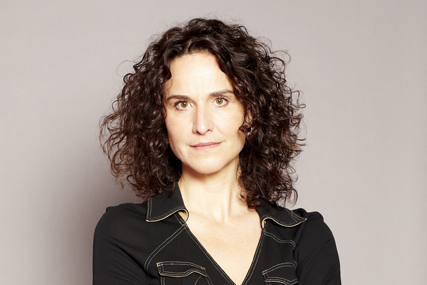Marketing is often a frustratingly indirect discipline, with a diffuse relationship between activity and the bottom line. So practitioners spend their days engaged in the pursuit of intermediate goals, that serve as proxies for the ultimate objectives of sales and profit.
Marketers chase these proxies with zeal - building their brand-awareness levels, nudging up their net promoter scores or enhancing their customer satisfaction ratings. Just down the corridor, chief financial officers are wondering what the commercial value of these intermediate markers might be, and how much it costs to achieve them.
Not that a direct question is likely to prompt much of an answer. It is a rare marketer who can honestly claim to know that, say, a 7% hike in prompted awareness will result in a 5.5% boost in sales and that the multimedia blitz to achieve both will repay investment by a factor of 3.2.
It's just not that linear - and because it's not, the dots fail to get joined, and the proxies gradually become ends in themselves, as though there were no meta-objective to which they were merely the servant. That is when things become dangerous. Right now, that danger is most evident in the proxy being chased with furious enthusiasm in global marketing departments: Facebook 'likes'.
With brands such as Coca-Cola and Red Bull building up nation-sized fan bases, there is plenty of circumstantial evidence to persuade marketers that this is a smart thing to do. A fact-based argument for the link between 'likes' and sales, however, is proving more elusive.
Attempts by digital research firms to put a dollar value on a Facebook 'like' swerve alarmingly from $3.60 to $136.38, with the debate foundering on the extent to which the Facebook endorsement adds to the value of people who were evangelists already.
More sceptical research from ExactTarget offers a wary view of why consumers click 'like' in the first place, estimating that 76% do so to gain discounts and free offers.
Meanwhile, marketers are noting with dismay that an unseemly proportion of their newly won 'fans' just want to have a moan. Blame the perverse Facebook system that compels people to declare a 'like' before they can add their views to the brand wall, even if all they want to do is offload a tirade of abuse.
Most sobering of all, though, is an academic study just published in the Journal of Consumer Research, which examined the delicate status of brands that have a 'high self-relevance' - the sort that people tend to declare publicly on their social media sites.
It's like an intense human relationship: while all goes well, it's a wonderful two-way adventure, with the consumer only too happy to share their depth of feeling for the brand.
Should something go awry, though, and the brand betray trust in even some small way, consumers act like estranged lovers, reserving for their once-cherished brands the kind of venom they would never dispense on 'self-neutral brands'. Not content just to walk away, they want to 'hurt the brand' - and the forum where they first made their union public is a natural place to do this.
Bottom line: if your team is set to ponder the tough question of how to increase Facebook 'likes', it might make sense to open with an even tougher question first: why?
Helen Edwards has a PhD in marketing, an MBA from London Business School and is a partner at Passionbrand, where she works with some of the world's biggest advertisers
30 SECONDS ON ... FACEBOOK 'LIKES'
- According to Facebook's chief operating officer, Sheryl Sandberg, more than 50m users 'Like' a brand page each day.
- Brands with the highest number of 'likes': Facebook (38.7m), YouTube (31.9m), Coca-Cola (25.8m), Starbucks (21.3m), Disney (21.3m).
- In April 2010, Facebook changed the 'Become a Fan' button on brand pages to a 'Like' button. According to Facebook: '"Like" offers a simple, consistent way for people to connect with the things they are interested in. These lighter-weight actions mean people will make more connections across the site.' Statistics show that people click 'Like' almost two times more often than they did 'Become a Fan'.
- Several organisations have tried to determine the value of a Facebook 'like'. The results range from $3.60, as calculated by social-media specialist Vitrue, to $136.38, based on a study by Syncapse, a digital consulting firm.
- According to a recent survey of 1500 consumers, by email marketing firm ExactTarget, 81% have either 'unliked' or removed a company's posts from their Facebook news feed.
- The study found that 51% of users expect a 'like' will result in marketing communications from brands.


